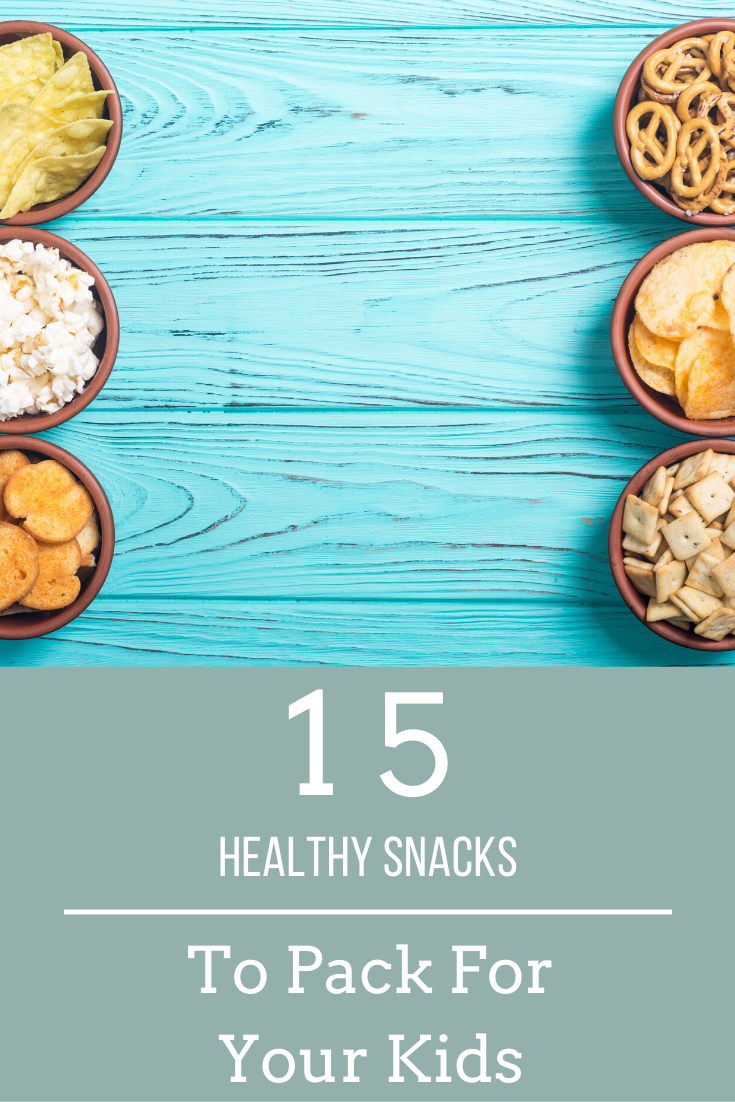Top 10 Foods For A Healthy Gut – Guest Post

Gut health is critical for overall health. It’s the hub of our immune system, where we digest and absorb the nutrients from the food we eat, and plays a role in our mood and energy levels too. A whole food diet filled with a variety of fresh produce is always going to be a great start to good gut health, but there are a few star ingredients that can really help keep your tummy happy. Here are my top ten favourites:
Kombucha
A fermented tea using a symbiotic colony of bacteria and yeast to produce beneficial probiotic compounds. You can buy it in stores, or make your own at home with a SCOBY starter. Learn how to here.
Sauerkraut
A traditional preservation method using salt or a culture starter to preserve cabbage. It has taken a recent spotlight in the health world for its probiotic benefits. The cabbage is fermented by lactic acid bacteria which breaks down the natural sugars in the cabbage and leaves behind compounds beneficial in overall gut health. If you don’t like cabbage that much, try one of the mixed vegetable blends available that includes carrot, beetroot, onion or sea vegetables.
Learn how to make your own own sauerkraut.
Allium vegetables aka the ‘onion family’
Onions, shallots, garlic, leeks, spring onions – they’re part of a range of foods that are prebiotic rich. Prebiotics act as food for the bacteria already in our gut, keeping them healthy and thriving. Healthy, happy gut bacteria are a vital element of proper digestion, absorption and immunity. An overgrowth or imbalance of bad bacteria is thought to be a contributor to many of today’s common digestive troubles including Irritable Bowel Syndrome.
Herbs and spices
Never underestimate the power of herbs and spices to heal and nourish the body. Gut-loving herbs and spices such as turmeric, ginger, coriander, and cinnamon are all anti-inflammatory, antiviral, and antibacterial helping to soothe our digestive system, and support our immune system to function optimally.
Berries
Berries are rich in insoluble fibre, which helps to keep our digestive system moving, eliminating waste and toxins. They’re also potent free-radical fighters with their high level of antioxidants protecting our cells from excessive damage that can lead to disease.
Salmon
Perhaps my ultimate ‘superfood’, protein and omega-3 rich, anti-inflammatory salmon helps with the management of inflammation in the body and repair of our cells that line our gut wall. Salmon also contains bioactive protein molecules that researchers are studying for their support of insulin effectiveness and control of inflammation in the digestive tract. It also contains selenium, associated with the prevention of colorectal cancer!
Try my salmon and avocado nori rolls, baked salmon loaf, or this orange teriyaki salmon. On the budget, try one of these
canned salmon recipes and ideas.
Gelatin
The highest concentrations typically found in the parts of animal products that we throw away – skin, cartilage, bones etc. Gelatin can strengthen our gut health by enhancing gastric acid secretion and restoring the lining of our stomach. As it absorbs water, it also helps to keep fluid on our digestive tract, assisting with healthy bowel motions. In addition, regular muscle meat contains methionine – too much methionine can increase blood levels of homocysteine – a risk factor for certain chronic diseases such as heart disease and colon cancer, as well as increasing our requirements for folate, B12, B6 and choline. When we consume the amino acid glycine – rich in gelatin (and muscle meat in smaller amounts), we help to counteract this negative effect of methionine. You can easily get more gelatin in your diet by consuming bone broth or a high quality gelatin supplement (Great Lakes is the brand I use). Vegetarian paleo-style eaters can increase their glycine intake from fish, leafy greens, pumpkin, cabbage, cauliflower, banana, kiwi fruit, and cucumber too.
Try these gut healing key lime bites made with gelatin or check out these 25 recipes using gelatin from our HBF blog.
Jerusalem Artichokes – Jerusalem artichokes are especially high in inulin, a prebiotic, indigestible fiber that feeds our gut bacteria. Inulin is fermented in the colon forming a compound called butyrate as a byproduct. Butyrate has been shown to improve the health of the intestinal barrier and also have anti-inflammatory effect.
Try my nourishing Jerusalem artichoke and carrot soup.
Broccoli
Broccoli and broccoli sprouts contain a chemical called sulforaphane that kills helicobacter pylori, the bacteria responsible for peptic ulcers and most gastric cancers. Eat your broccoli, sprouts, cabbage and Brussels sprouts to help reduce your risk of stomach cancers, and other stomach disorders including gastritis, esophagitis, and acid indigestion.
Try my broccoli & cranberry slaw salad.
Grass fed butter
Butter is a source of naturally occurring butyrate in our diets. Butyrate is an important source of energy for intestinal cells. Without butyrate, or with very little supply, intestinal cells die. I always recommend a mixture of healthful, wholesome fats and oils in a general person’s diet, and as some foods ferment in the gut producing butyrate, it’s not as essential to consume as some of the other foods listed. Basically, you don’t need to serve up lashings of butter to benefit. However, food sources of butyrate may also enhance intestinal barrier function and improve overall gut health. If you’re not into butter, a diet rich in fibre – both soluble and insoluble will help your gut bacteria to produce more of this healthful compound.
Source: eatdrinkpaleo


